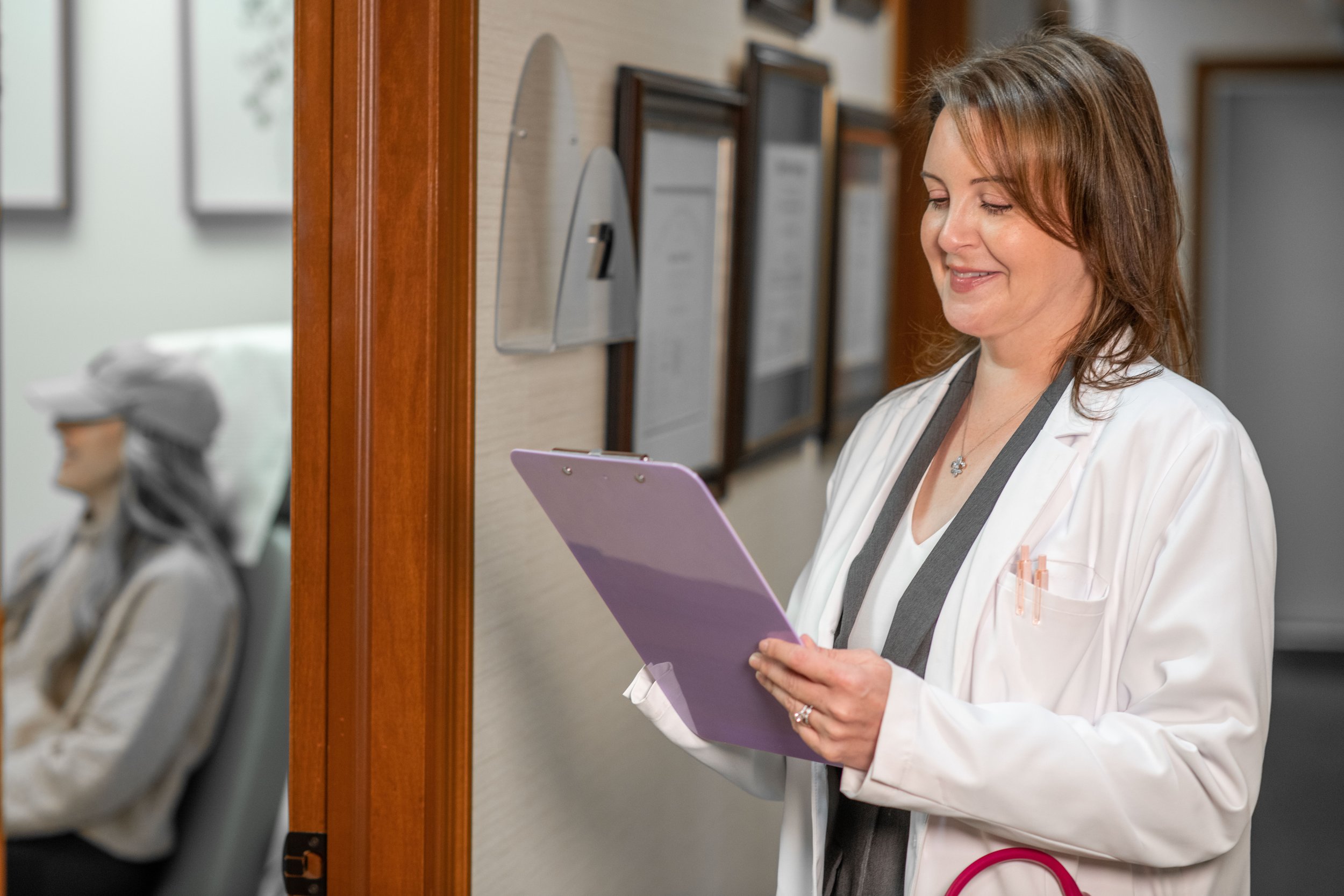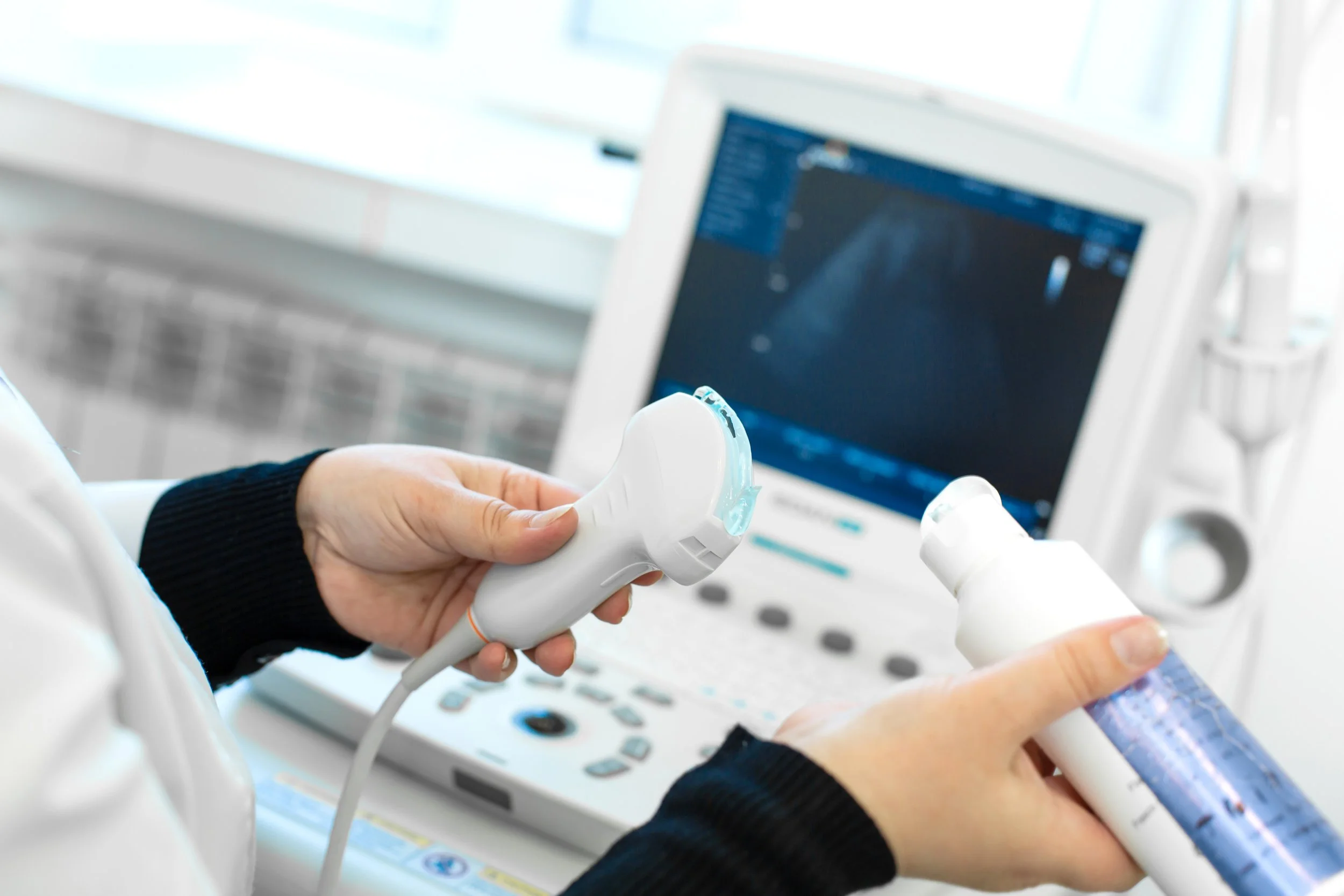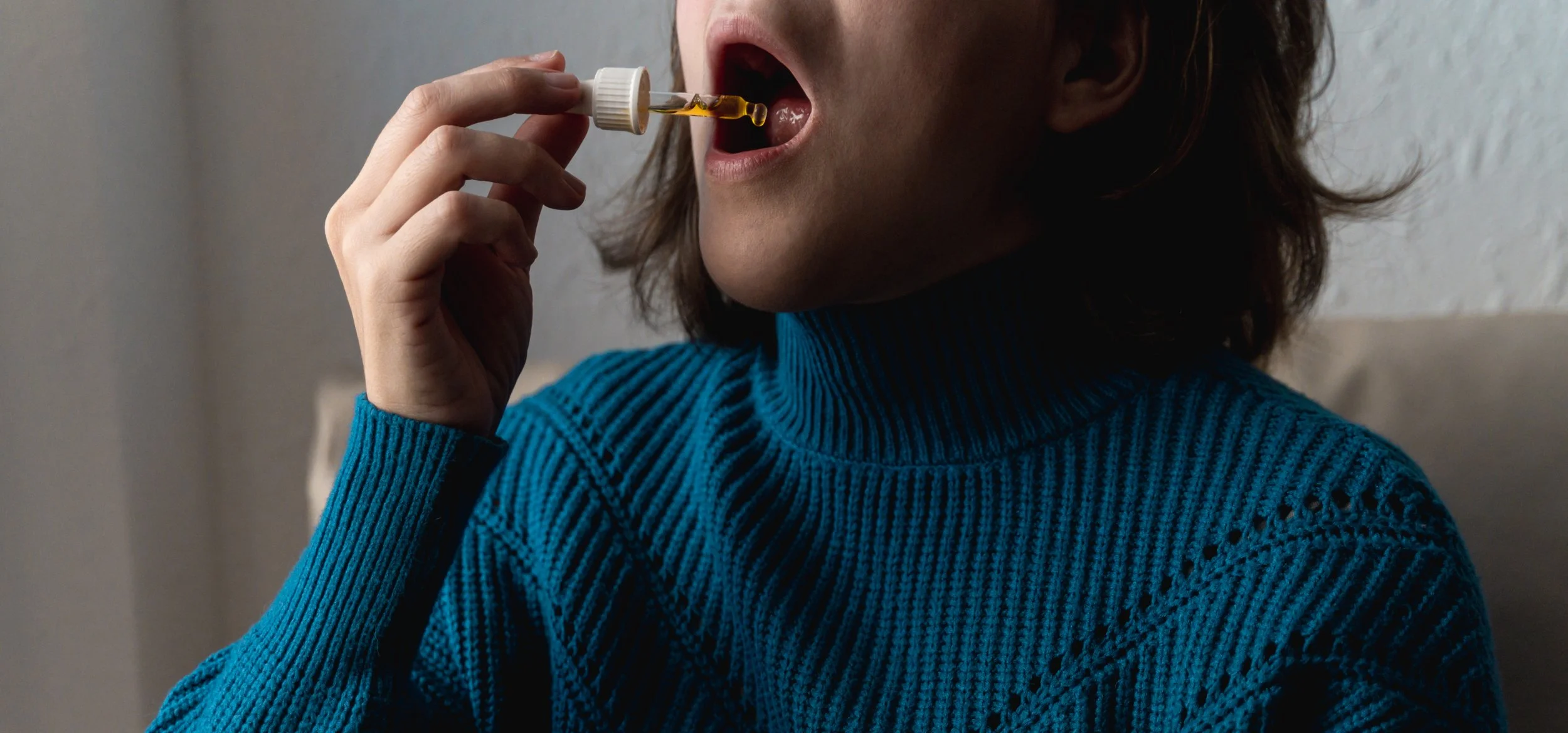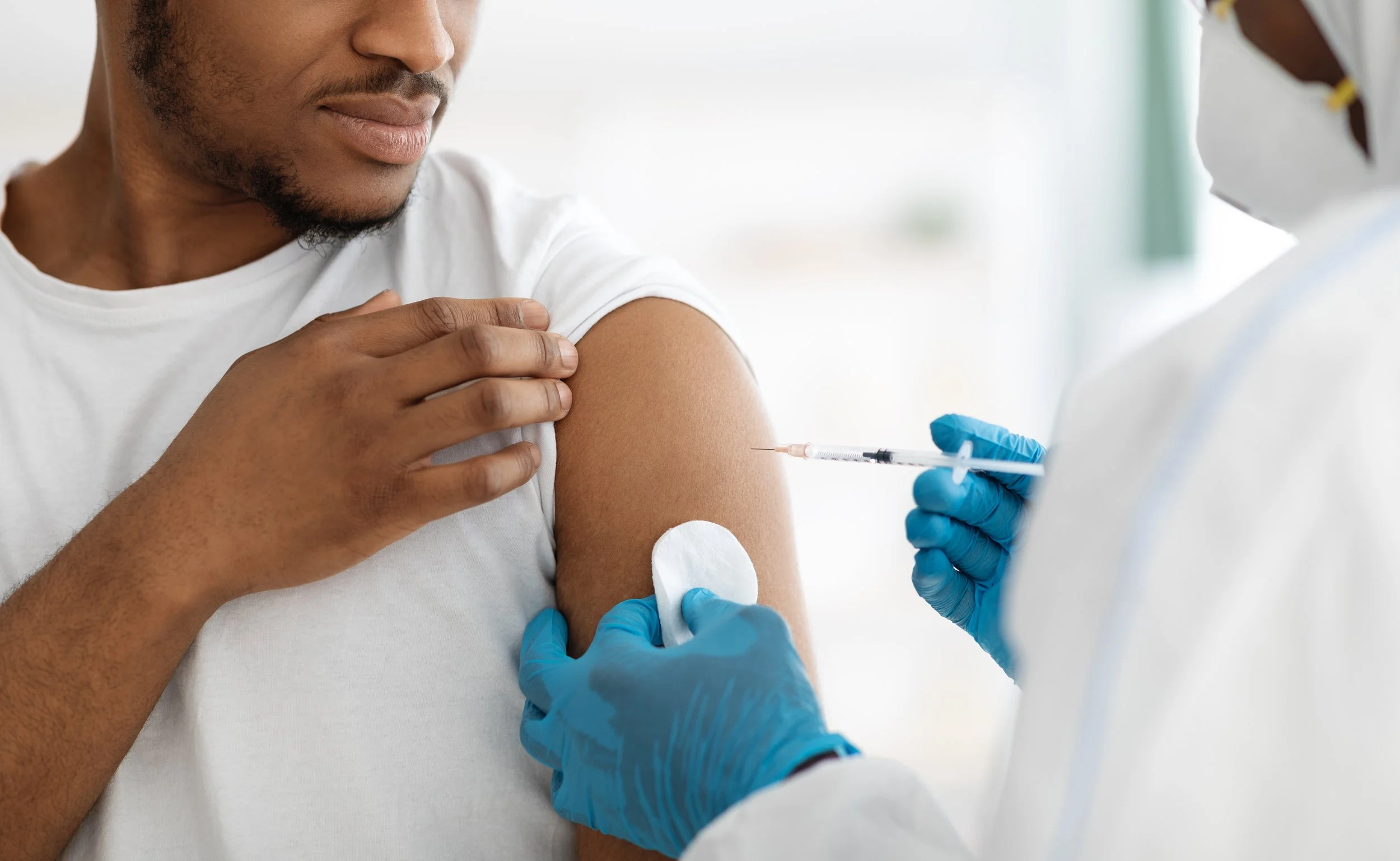
Treatments
Being a sufferer of asthma and non-allergic rhinitis myself, I also live this life and I understand the unique needs of patients who require this care.
At Shepherd Allergy, in addition to regular medication treatment, we offer Immunotherapy and Biologic treatments.
We use a combined European-American model for immunotherapy, choosing relevant specific allergens for each patient. We offer the latest in precision therapy targeted for individual patient’s needs and convenience, and we are proud to be ILIT™-certified by the Auni ILIT™ Learning Network.
Biologic treatments are tailored for each patient depending on age, symptoms, and disease. Since each patient is unique, we also consider dosing frequency and administration method.
Immunotherapy
Method to decrease the allergic inflammatory response
Biologics
Medications that target specific areas of the immune system to improve disease control and potentially reduce medication use
Biologic therapies available for different allergic diseases:
Asthma
Atopic dermatitis or eczema
Chronic rhinosinusitis with nasal polyposis (chronic sinus disease with nasal polyps)
Eosinophilic esophagitis
Chronic urticaria and angioedema (chronic hives and swelling)
Food allergy
Biologic therapies available for primary immunodeficiency:
Intravenous immunoglobulin (IVIG)
Subcutaneous immunoglobulin (SCIG)
Hyaluronidase-facilitated subcutaneous immune globulin (fSCIG)
Biologic therapies available for hereditary angioedema (HAE):
As-needed therapy
Preventative therapies





